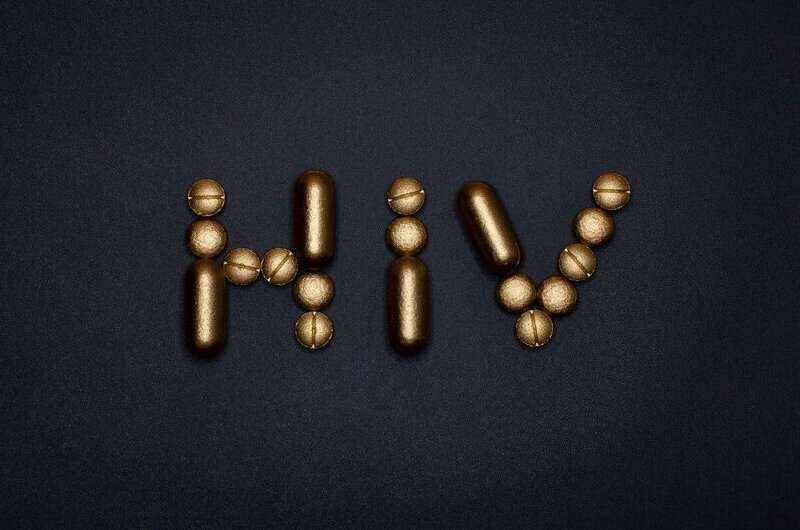Impact of US Funding Cuts on HIV Research and Public Health Efforts in South Africa

US funding cuts have severely impacted HIV research efforts in South Africa, threatening progress in vaccine development and prevention strategies. Learn how scientists are coping with funding shortages and what it means for global HIV initiatives.
Recent reductions in U.S. scientific research funding have significantly impacted HIV-related research projects globally, especially in South Africa. The U.S. government’s crackdown on research grants, including a proposed 40% cut to the National Institutes of Health (NIH), has led to the suspension and termination of numerous ongoing studies. In South Africa, this has resulted in the suspension of key research collaborations, including a $46 million HIV vaccine research consortium and several HIV/AIDS prevention networks. These cuts threaten to derail ongoing efforts to understand, prevent, and treat HIV, given South Africa's substantial burden of the disease and its vital role in global research.
Glenda Gray, a leading HIV scientist in South Africa, highlights the gravity of these funding disruptions. She notes that the uncertainty has caused her team to reassess their grants and exposure, with many research initiatives now on hold. The South African government's financial resources are insufficient to compensate for the loss of NIH funding, prompting researchers to seek alternative funding sources such as partnerships with private foundations like the Gates Foundation and Wellcome Trust. However, these efforts are unlikely to fully replace the scale and scope of previous international support.
The loss of research infrastructure hampers the ability to develop new HIV vaccines and therapeutics. South Africa's scientific community emphasizes that ongoing research is crucial for advancing HIV prevention strategies. The slowdown not only delays knowledge generation but also compromises the country’s leadership in setting global HIV treatment and prevention standards.
Despite these setbacks, South African scientists remain resilient. They have weathered past crises, including HIV/AIDS denialism and vaccine trial failures. Still, the current funding crisis creates a sense of uncertainty and paralysis, akin to being 'deer in the headlights.' Moving forward, collaborative efforts between the government, international organizations, and private funders will be essential to sustain HIV research and continue progress against the epidemic.
Source: medicalxpress.com
Stay Updated with Mia's Feed
Get the latest health & wellness insights delivered straight to your inbox.
Related Articles
Skin Biomarkers as a Promising Tool for Early Diagnosis of Amyotrophic Lateral Sclerosis (ALS)
Innovative research indicates skin-based biomarkers could enable earlier and less invasive diagnosis of amyotrophic lateral sclerosis (ALS), improving disease management and understanding.
Enhanced Anal Cancer Screening Could Reduce Deaths by Up to 65% in High-Risk Groups
Scientific research indicates that strategic anal cancer screening could reduce deaths by up to 65% among high-risk groups, providing crucial insights for future guidelines and prevention efforts.
Single Brain Scan Could Predict Risk of Age-Related Conditions Like Dementia
A new MRI-based biomarker, DunedinPACNI, developed by researchers, can predict individual aging rates from a single brain scan at midlife, enabling early intervention for age-related diseases like dementia.



